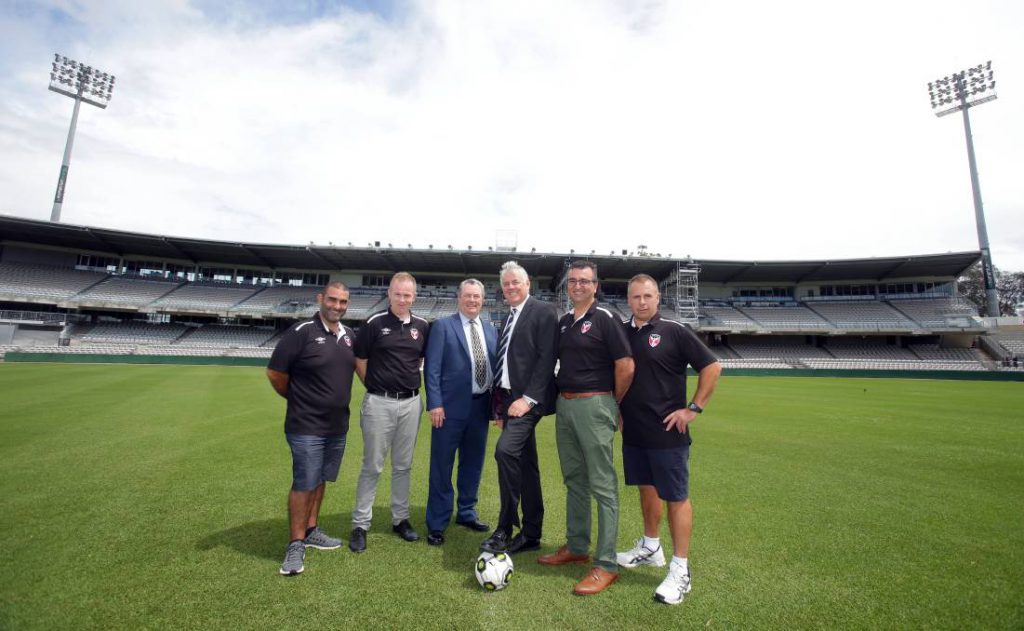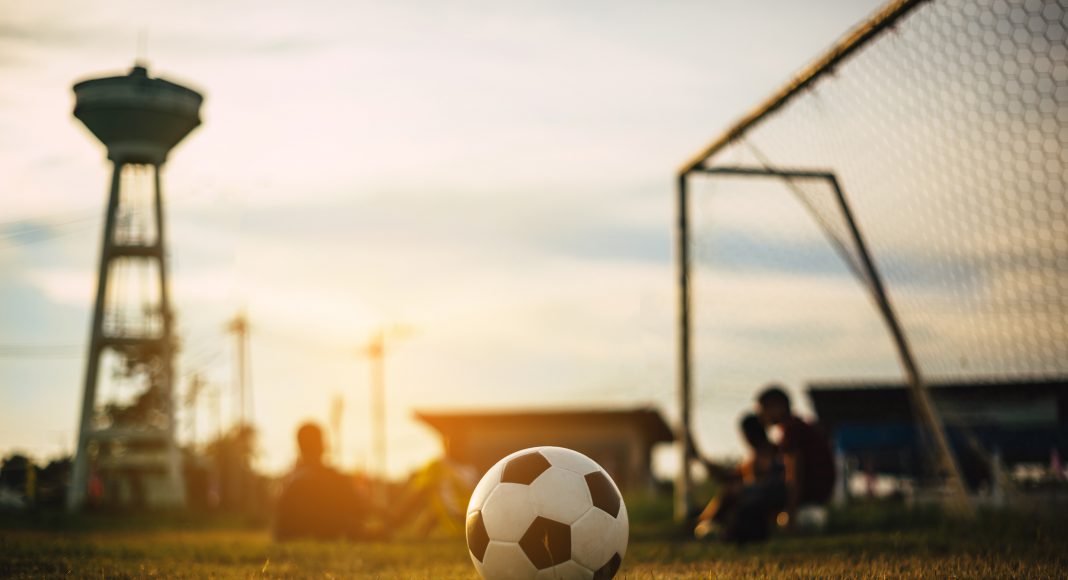The return of grassroots football will finally allow young children to experience the cold winter mornings that players have been longing for over the past 2 months.
As the return of football approaches, NSW Football Associations prepare for the various health guidelines and precautions that will be put in place to allow the season to run smoothly.
The Greek Herald spoke with representatives of the St George and Eastern Suburbs Football Association’s to uncover how the bodies of NSW Football are making the return of football as enjoyable and safe as possible.
Abiding to Government health restrictions
Government health guidelines are an essential step for the continuation of community sport. Most importantly, allowing children to play all sports safely and with the same level of enjoyment.
The St George Football Association (SGFA), under the chairmanship of Tony Karahalias, is in constant contact with Football NSW and other Associations, working out effective ways in dealing with this crisis.
“SGFA are working very closely with our local clubs ensuring they are informed and up to date on the latest developments,” the St George Football Association chair says to The Greek Herald.
“We meet fortnightly with all club delegates and have also formed a COVID-19 sub-committee which comprises of 3 club presidents, our Board and CEO.”
The Eastern Suburbs Football Association (ESFA) is also in close contact with Football NSW, along with six local councils. General Manager Bill Kostandas says ESFA is working on ways for clubs to meet the government health guidelines.
“We meet our clubs and give them updates and give them an opportunity to provide us with feedback,” Bill Kostandas said to The Greek Herald.
“The vast majority of people have been very understandable, our clubs have been as well.”
Mr Kostandas also addressed the association’s effective use of their social media platforms to communicate information with their clubs and players.
Progress under COVID
An adjustment period for sport never seen prior to this year, associations are given this unique opportunity to observe their own methods of improvement.
Bill Kostandas points out that this situation has given the association the ability to listen to the needs of their clubs, allowing them to streamline the improvement process.
“At the Eastern Suburbs Football Association we’ve been looking at our various competitions and how we can improve those,” Mr Kostandas stressed.
“We are always looking to give our customers a good experience and we are always looking to improve that.”

While COVID-19 caused a season delay, Football Associations have also been using this ‘in-house’ time to update their club management strategies and upgrade their fields.
“SGFA is using this time to develop a new strategic plan for the Association, having implemented a review of policies and procedures and developed an online training platform via our NPL Club, St George City,” SGFA said.
“A number of important facility upgrades have also now been completed over the last few months including amenity buildings, synthetic fields and re-surfacing of pitches.”
Football return a critical objective
The loss of community sport as a result of COVID-19, tears a line down the page of community engagement.
The SGFA stressed that it is extremely important that for clubs to resume football in 2020, with local sport providing needed critical health benefits.
“Local football clubs will play an important role in re-engaging and connecting as a community and the health and social benefits.”

Mr Kostandas recognises that football remains many children’s passion in life. Sport provides not only benefits our mental and physical wellbeing, but helps us “get back to normality”.
“People have been locked up for the last 2 or 3 months and they just want to get out and do something,” Mr Kostandas said.
“From a standpoint as well of just getting back to normality, and sport will help create that. It’s a mental wellbeing as well as a physical”.
